Supporting Your Emotional Wellbeing During COVID-19
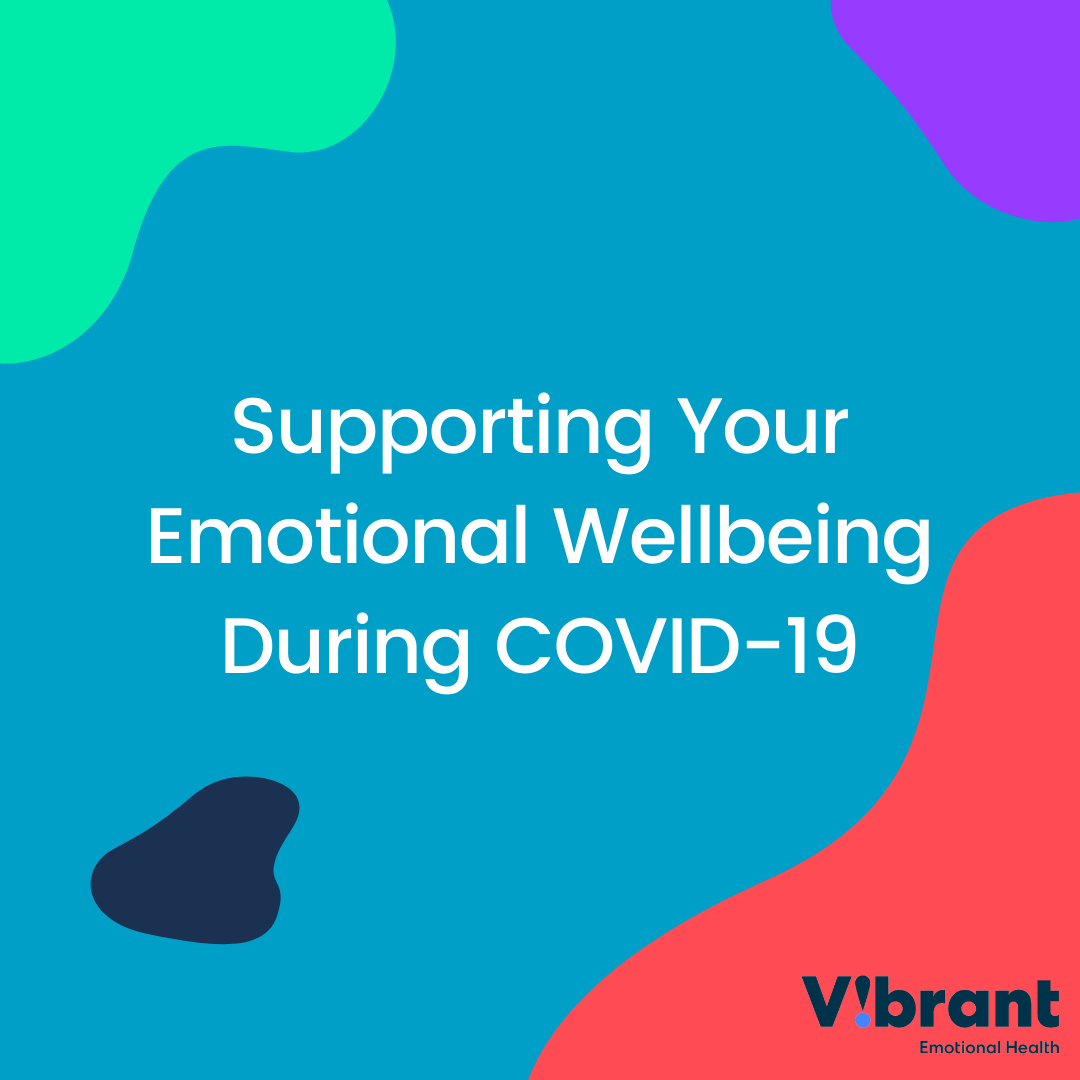
This page is regularly updated with new resources and information.
What is Coronavirus (COVID-19)?
The Centers for Disease Control and Prevention (CDC) have described the coronavirus, or COVID-19, as an outbreak of respiratory disease caused by a novel (new) coronavirus that has now been detected in more than 100 locations internationally, including in the United States. The virus has been named “SARS-CoV-2” and the disease it causes has been named “coronavirus disease 2019” (abbreviated “COVID-19”). You can read more about COVID-19 on the CDC’s “Situation Summary” page.
Infectious disease outbreaks such as COVID-19, as well as other public health events, can cause emotional distress and anxiety. Feeling anxious, confused, overwhelmed or powerless is common during an infectious disease outbreak, especially in the face of a virus with which the general public may be unfamiliar. These feelings of distress and anxiety can occur even if you are not at high risk of getting sick.
Coping Tips
People that are feeling emotional distress related to COVID-19 can take actions to help support themselves and others.
- Set a limit on media consumption, including social media, local or national news.
- Stay active. Make sure to get enough sleep and rest. Stay hydrated and avoid excessive amounts of caffeine or alcohol. Eat healthy foods when possible.
- Connect with loved ones and others who may be experiencing stress about the outbreak. Talk about your feelings and enjoy conversation unrelated to the outbreak.
- Get accurate health information from reputable sources. For health information about COVID-19, please contact the Centers for Disease Control at cdc.gov, your local healthcare provider, or your local 211 and 311 services, if available.
- The national Disaster Distress Helpline is available to anyone experiencing emotional distress related to COVID-19. Call or text 1-800-985-5990 to speak to a caring counselor.
- If you’re experiencing emotional distress related to COVID-19, please call the National Suicide Prevention Lifeline or your local crisis line.
- For coping tools and resources, visit the Lifeline website at suicidepreventionlifeline.org or Vibrant Emotional Health’s Safe Space at vibrant.org/safespace.
- The National Domestic Violence Hotline has highly trained advocates available 24/7 to ensure services and continue to support survivors.
- The Frontline Essential Workers (FEW) Line is a free, confidential hotline available to all NYC community-based providers and essential workers in emotional distress. You can call 866-565-7715 to be connected with a counselor Monday through Friday, 10am-10pm.
Helpful Resources
Reliable sources of information about COVID-19:
Other Helpful Resources to Support Your Mental and Emotional Wellbeing:
- CDC’s “Manage Anxiety and Stress” page provides what stress can look like and tips to manage that stress.
- The National Child Traumatic Stress Network has a guide for parents and caregivers to help families cope with the Coronavirus Disease 2019 (COVID-19).
- Mental Health America has compiled a range of resources and information on their “Mental Health and COVID-19” page.
- ThriveNYC’s “Mental Health Support New Yorkers Can Access While Staying Home” page lists free mental health services for New Yorkers, regardless of insurance coverage or immigration status.
- SAMHSA’s “Coping With Stress During Infectious Disease Outbreaks” page outlines the signs of stress and steps you can take to alleviate stress.
- SAMHSA’s “Taking Care of Your Behavioral Health” page provides tips for social distancing, quarantine and isolation during an infectious disease outbreak.
- SAMHSA’s “Talking With Children: Tips for Caregivers, Parents, and Teachers During Infectious Disease Outbreaks” page provides parents, caregivers, and teachers with strategies for helping children manage their stress during an infectious disease outbreak.
- Vibrant Emotional Health’s Safe Space provides interactive coping tools to help users when they need it.
- Through stories of hope and recovery, Strength After highlights the resilience of individuals and communities while providing a resource for other survivors and responders that may be trying to cope and move forward themselves.
- If you feel you or someone you know may need emotional support, please visit the Lifeline’s website at suicidepreventionlifeline.org for helpful resources or call 1-800-273-TALK (8255). The Lifeline is free, confidential, and available to everyone in the U.S. You do not have to be suicidal to call the Lifeline.
- The NYS Office of Mental Health’s “Managing Anxiety in an Anxiety Provoking Situation” Resource page provides tips for all on how to manage anxiety surrounding the COVID-19 outbreak.
- Action Alliance’s COVID-19 Messaging Guidance page provides guidance for messengers speaking about mental health and COVID-19, as well as resources for specific groups.
- The Suicide Prevention Resource Center (SPRC) has compiled a selection of web pages and information sheets on mental health and coping with the effects of COVID-19.
- The Dulwich Centre has compiled stories to support the community amid the COVID-19 crisis, from mental health service users, survivors and former patients.
- The Action Alliance is mobilizing diverse sectors to collectively lead a coordinated mental health and suicide prevention response effort during and in the aftermath of COVID-19. Learn more here.
Download & Share Our Coping Tips Graphics
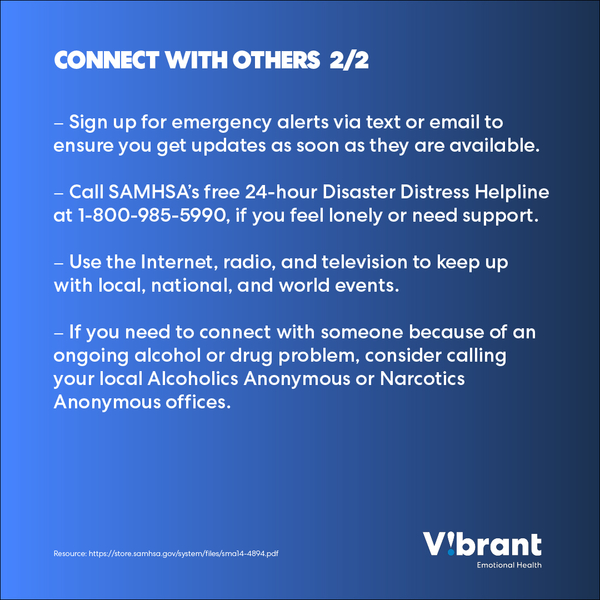
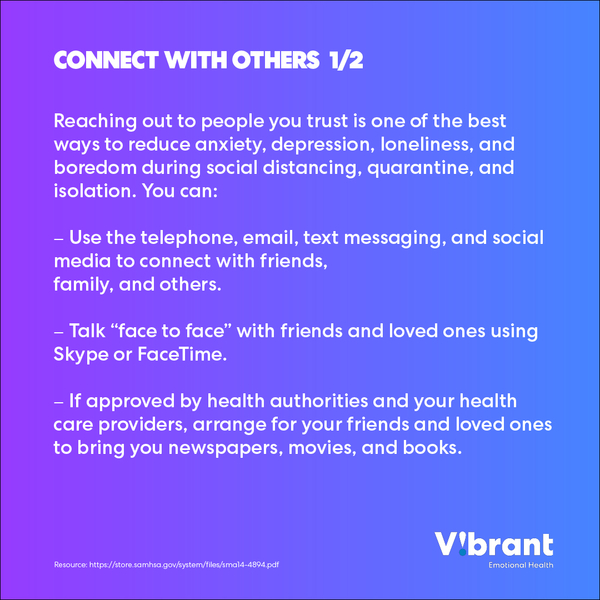
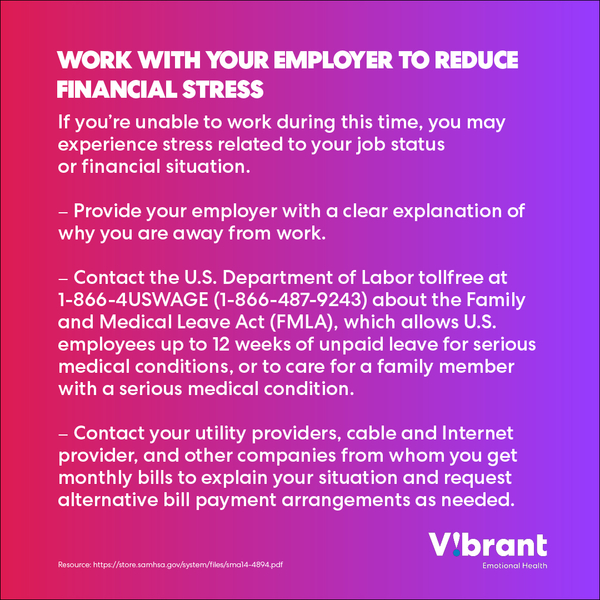
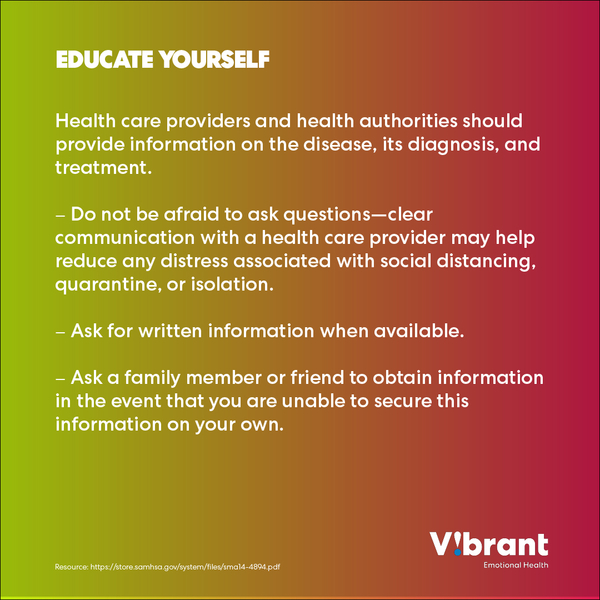
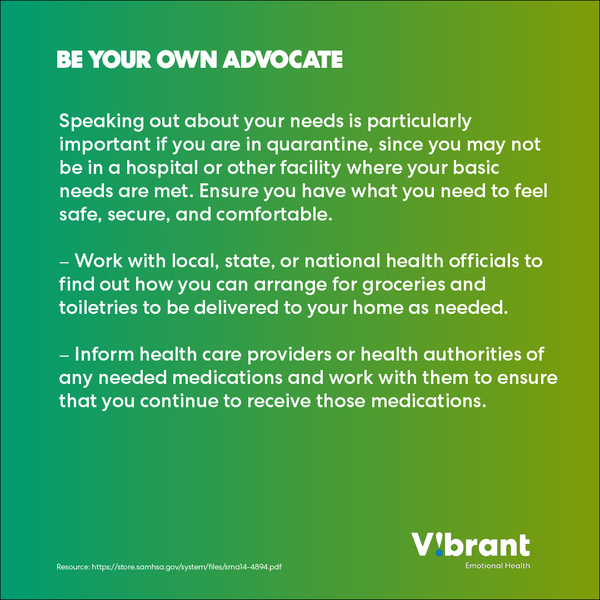
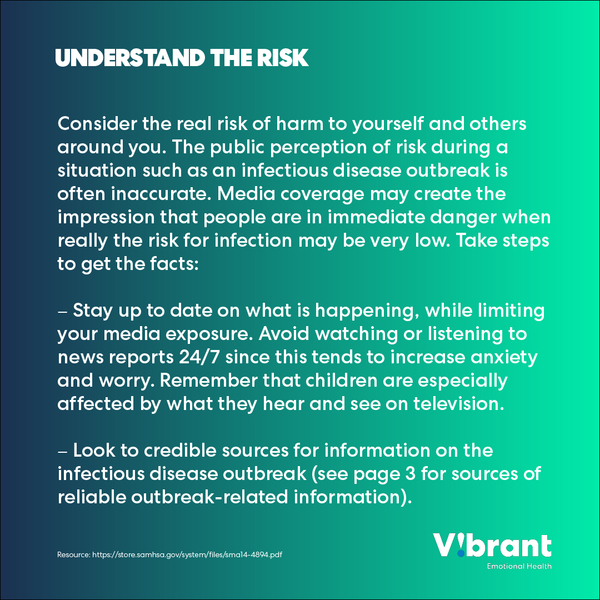
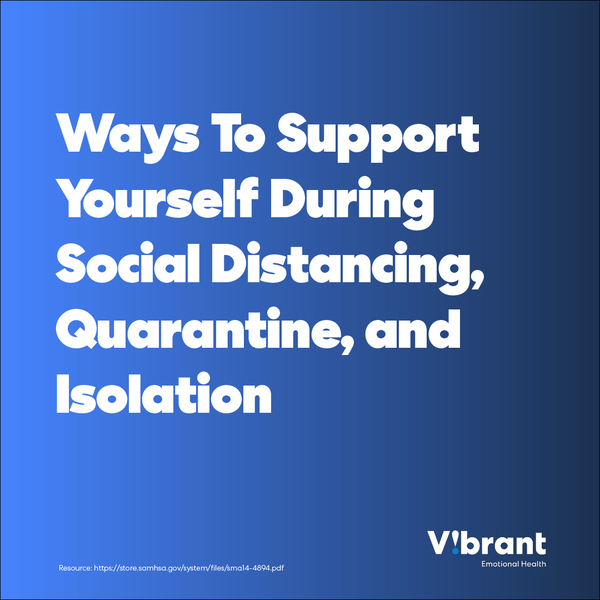
Comments are closed here.